The High Note is a film with its heart in the right place and appeals to spare. However, it doesn’t quite transcend its story’s predictable course. The film gets teasingly close to bringing up some heavy conversations about women in the music business. In the end, those notes stay flat, playing more like a melody that doesn’t stick around for too long.
1. Article summary
The High Note is another movie whose theatrical release was scuttled to on-demand platforms thanks to the COVID-19 pandemic. For the first half of the film, Ross and Johnson manage to coax welcome laughs out of the audience with their hard-won wisdom.
The give-and-take between the two has an acutely comic self-awareness. But just when you think The High Note is going to give off real music world signals like the kind Bradley Cooper layered into A Star is Born, the plot degenerates into daytime drama histrionics.
2. Is it worth watching?
The movie has a multitude of plot holes and is kind of a mess. However, it is important to note that it is very well-cast. Tracee Ross and Kelvin Harrison Jr. are the honey sweetening up this bland tea.
Despite the screenplay being a greatest hits compilation of clichés, Harrison and Ross ignite a few chemical sparks here and there. Ross, however, is the true standout. Showing charisma and vulnerability in a reasonably complex portrait of stardom gone ever-so-slightly mad.
I. Plot
Set in the dazzling world of the LA music scene, Maggie (played by Dakota Johnson) works day and night to cater to every whim of legendary singer Grace Davis (played by Tracee Ellis Ross).
Beyond her all-consuming role as a personal assistant, Maggie dreams of making the jump to working as a music producer. She even mixes some of Grace’s demos and pitches her own ideas of what her boss should do next with her career.

Maggie’s ambitious plans rub some in Grace’s entourage the wrong way. Her manager Jack (played by rapper Ice Cube) and mooching house-sitter Gail (played by June Diane Raphael) don’t like it, but she doesn’t stop there. She takes on a new up-and-coming singer named David (played by Kelvin Harrison Jr.) as a second client, hoping to prove she has what it takes to make him a star.
But of course, nothing is ever so simple in showbiz.
II. Music and Visuals
With music by prominent film score composer Amie Doherty, each song of the R&B and the soul-inspired soundtrack is catchier than the last. It is filled with the likes of Donny Hathaway on John Lennon, Cher interpreting Bob Dylan, and David doing Sam Cooke.
In addition to being a sonic triumph, The High Note soundtrack represents a breakthrough moment for Ellis Ross. It marks the first time the star—and daughter of legend Diana Ross—is singing publicly. Ross takes the stage for a new single, Love Myself, that proves that she can hold the screen as if by birthright.
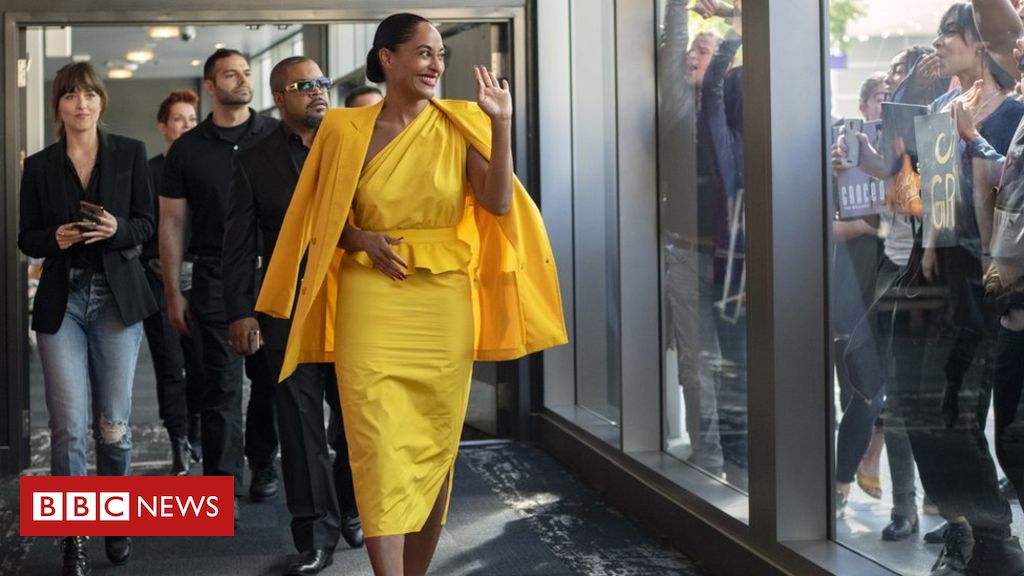
The High Note’s soundtrack also showcases the angelic voice of 25-year-old rising star Kelvin Harrison Jr., who plays David Cliff, an aspiring singer. Like Ross, music runs in Harrison’s blood—the son of a jazz musician, Harrison grew up playing the piano and the trumpet.
The film only adds to proof of his versatility as a performer. The soundtrack also includes songs by the likes of Aretha Franklin, Anthony Ramos, and Maxine Brown.
The film was directed by Nisha Ganatra, a Canadian-American screenwriter, producer, and actress of Indian descent. Screenwriter Flora Greeson makes her feature debut with The High Note. Through her shallow but clever dialogue, The High Note tells a brisk, improbable tale with sharp elbow jabs at the pampered pop star life.
3. Final thoughts
The narrative of the overworked Personal Assistant is not a new one. With comparisons of it being drawn to Meryl Streep’s classic The Devil Wears Prada, it had to either make sure to be better than the old film or work with an entirely different trope. Instead, the film proves to be steadfastly humorless with no sense of what’s really at stake in hitting the big time.
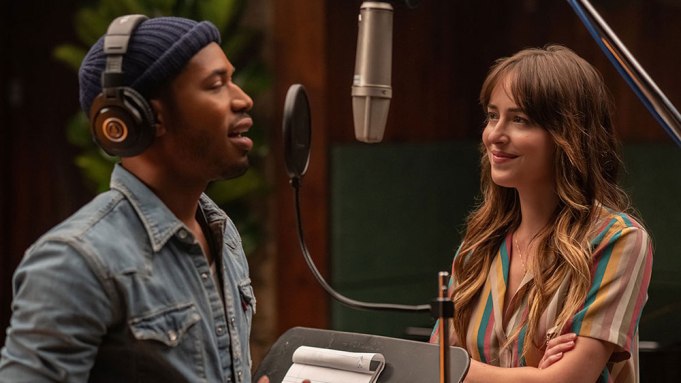
Dakota Johnson’s performance remains stubbornly unenthused as she goes through the motions of break-up and make-up with her mentor and her lover. Just when the film is coasting to its unearned emotional resolution, the script gives us an unnecessarily silly twist. This brings in a truly unnerving celebration of entitlement and unintentional distaste.
The High Note feels like an inside scoop in many of its details. Still, it sadly remains curiously naive as a music-business Cinderella story. Although it comes close to dealing with ageism and racism prevalent in the industry, the script conveniently slides past it.
The narrative of a petite 20-something white woman schooling her successful black employers on the true meaning of soul music is a trope I hope viewers notice to be ridiculously offensive and uncalled for. Aside from one righteously flat and exhausted monologue from Grace, age and race never raise its head in The High Note, even when it needs to.
That’s how you know it’s a fairy tale.





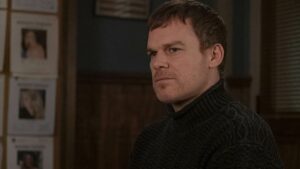


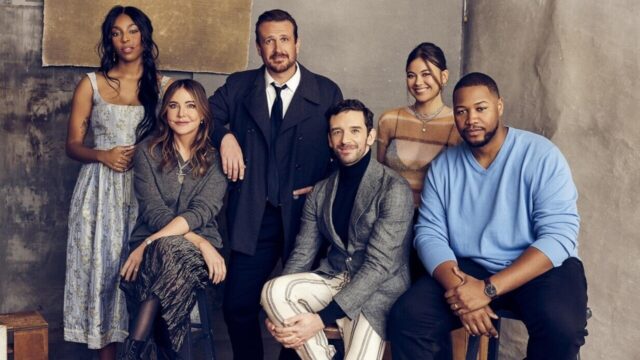
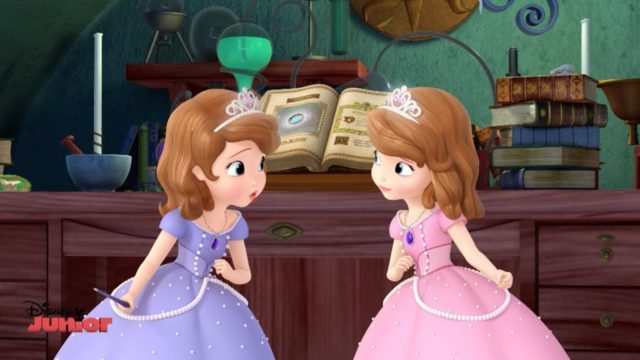
No Comments on Is The High Note good? Is it worth watching? A detailed review